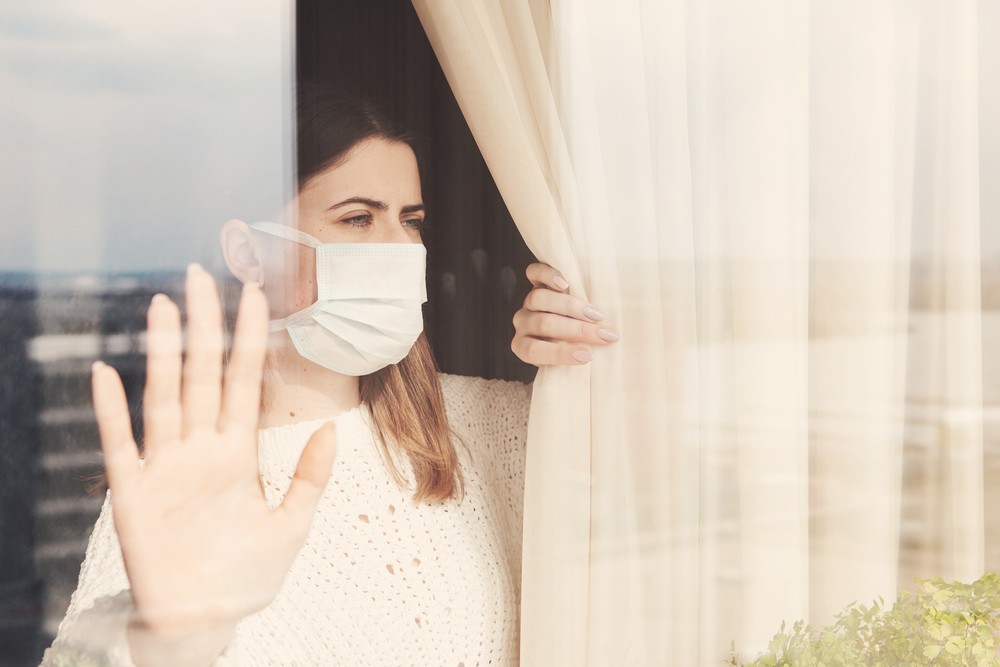How to Spot the Signs of Depression

Famous TV presenter Ant McPartlin, most commonly known as one half of Ant and Dec, has announced he was entering rehab for treatment for depression, anxiety as well as prescription drug and alcohol abuse.
Revealing his decision to the Sun on Sunday, the Britain’s Got Talent star said: “I’ve spoken out because I think it’s important that people ask for help if they’re going through a rough time and get the proper treatment to help their recovery.” Depression is a common, highly preventable illness that affects millions of people across the world, yet according to the Journal of the American Medical Association, only 28 per cent of sufferers seek help.
What is depression?
There is a common misconception that depression is merely feeling “down” or “sad”, when the reality of the illness is far more severe and wide-ranging. Depression is a persistently low mood often associated with extreme despondency and apathy and can last for weeks, months or even years.
The causes vary dramatically. Often, life-changing events can be a trigger – and not necessarily negative moments. Anything from “bereavement, losing your job or even having a baby, can bring it on”, says the NHS. Furthermore, people with a family history of depression or anxiety, a similar but distinct condition, are far more likely to suffer it at some point in their lives.
However, the truth of the matter is that depression can strike for no reason at all, so it is always worth being vigilant about your mental wellbeing and that of those near to you.
How do I know if I’ve got it?
Due to its often slow onset, depression can sometimes be hard to spot and can creep up on people almost without them noticing. Doctors advise people to seek help if they feel they’re going through a sustained period of tiredness, low energy or mental fatigue and are unable to enjoy things they previously found pleasurable or interesting.
For an illness for which so few seek treatment, a staggering one in ten people in the UK suffer from it at some point in their life. It also can hit anyone of any age, race or gender.
Other symptoms include a loss of appetite and sex drive, sleeping problems, difficulty concentrating, feelings of guilt and hopelessness and a loss of self-confidence. If these symptoms begin to interfere with your daily life, it is possible you are suffering from depression and should speak to your GP.
How can I get treatment?
For sufferers of moderate and severe depression, a combination of therapy and medication can be prescribed. Cognitive behavioural therapy (CBT), which aims at changing negative patterns of thinking, is often used in conjunction with antidepressants.
Words by The Week Magazine
